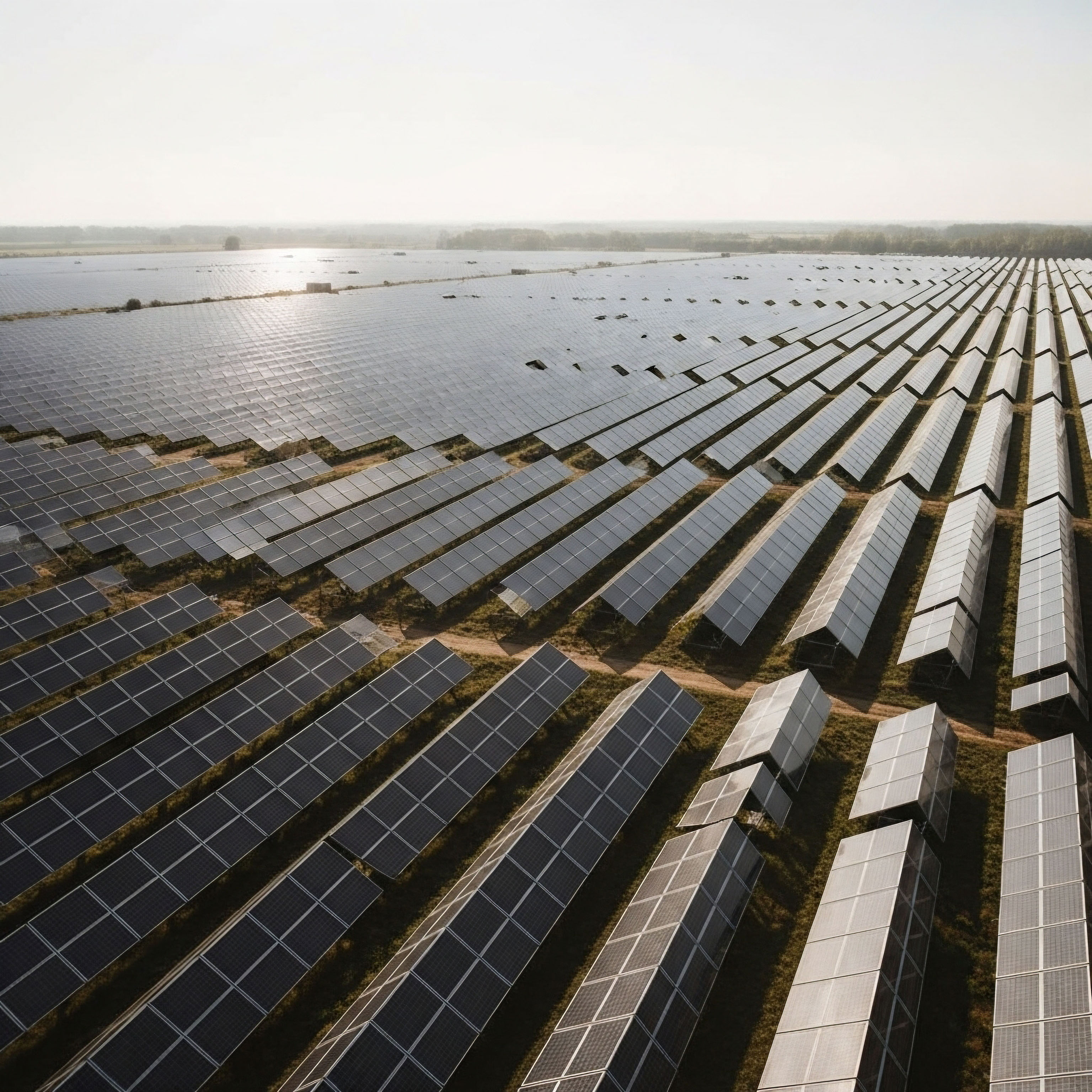Beyond Diet and Exercise the Endocrine Upgrade

Master the chemistry of your body to unlock unparalleled physical and cognitive performance beyond conventional limits.
HRTioOctober 6, 2025




